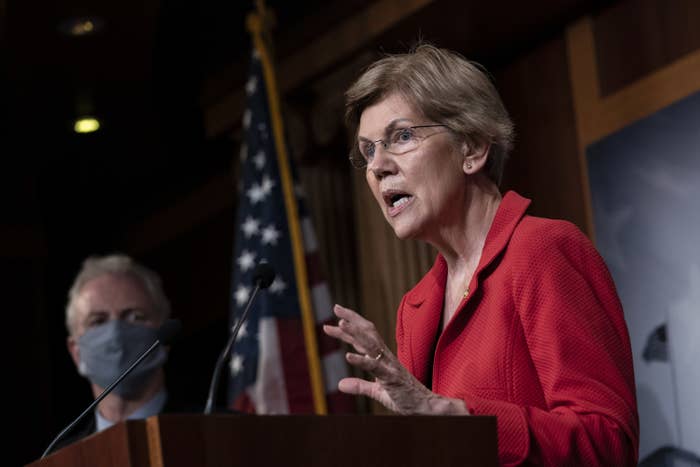FOR TRUMP THERE IS BUT ONE AMENDMENT #2
HE HAS CONFUSED PAPISTS
PRO LIFE ANTI DEATH PENALTY ANTI WAR
WITH PROTESTANTS
PRO LIFE PRO GUN ALL WHITE PRO DEATH PENALTY PRO WAR
August 5, 2020 By David Edwards
President Donald Trump this week made a pitch to Catholic voters based on his assertion that he “saved the Second Amendment.”
In a Tuesday interview with the Catholic TV network EWTV, correspondent Tracy Sabol asked Trump if he had a message for Catholic voters.
“Well, I think anybody having to do with, frankly, religion, but certainly the Catholic Church, you have to be with President Trump when it comes to pro-life, when it comes to all of the things, these people are going to take all of your rights away, including Second Amendment,” the president said, “because, you know, Catholics like their Second Amendment. So I saved the Second Amendment.”
“If I wasn’t here, you wouldn’t have a Second Amendment,” Trump continued. “And pro-life is your big thing and you won’t be on that side of the issue, I guarantee, if the radical left, because they’re going to take over, they’re going to push [Joe Biden] around like he was nothing.”
The president also repeated the false claim that children are “virtually” immune to COVID-19.
“First of all, children are unbelievably strong, right? Their immune system,” he said. “So children just are, I guess I heard one doctor say, virtually they’re immune from it. They have a strong, they have a very strong something, and they are not affected.”
“And we have to open our schools,” he added. “And they’re also finding it’s wonderful to use computers, but it’s not a great way of learning.”
Watch the video below from EWTN.
August 5, 2020 By David Edwards
President Donald Trump this week made a pitch to Catholic voters based on his assertion that he “saved the Second Amendment.”
In a Tuesday interview with the Catholic TV network EWTV, correspondent Tracy Sabol asked Trump if he had a message for Catholic voters.
“Well, I think anybody having to do with, frankly, religion, but certainly the Catholic Church, you have to be with President Trump when it comes to pro-life, when it comes to all of the things, these people are going to take all of your rights away, including Second Amendment,” the president said, “because, you know, Catholics like their Second Amendment. So I saved the Second Amendment.”
“If I wasn’t here, you wouldn’t have a Second Amendment,” Trump continued. “And pro-life is your big thing and you won’t be on that side of the issue, I guarantee, if the radical left, because they’re going to take over, they’re going to push [Joe Biden] around like he was nothing.”
The president also repeated the false claim that children are “virtually” immune to COVID-19.
“First of all, children are unbelievably strong, right? Their immune system,” he said. “So children just are, I guess I heard one doctor say, virtually they’re immune from it. They have a strong, they have a very strong something, and they are not affected.”
“And we have to open our schools,” he added. “And they’re also finding it’s wonderful to use computers, but it’s not a great way of learning.”
Watch the video below from EWTN.




















